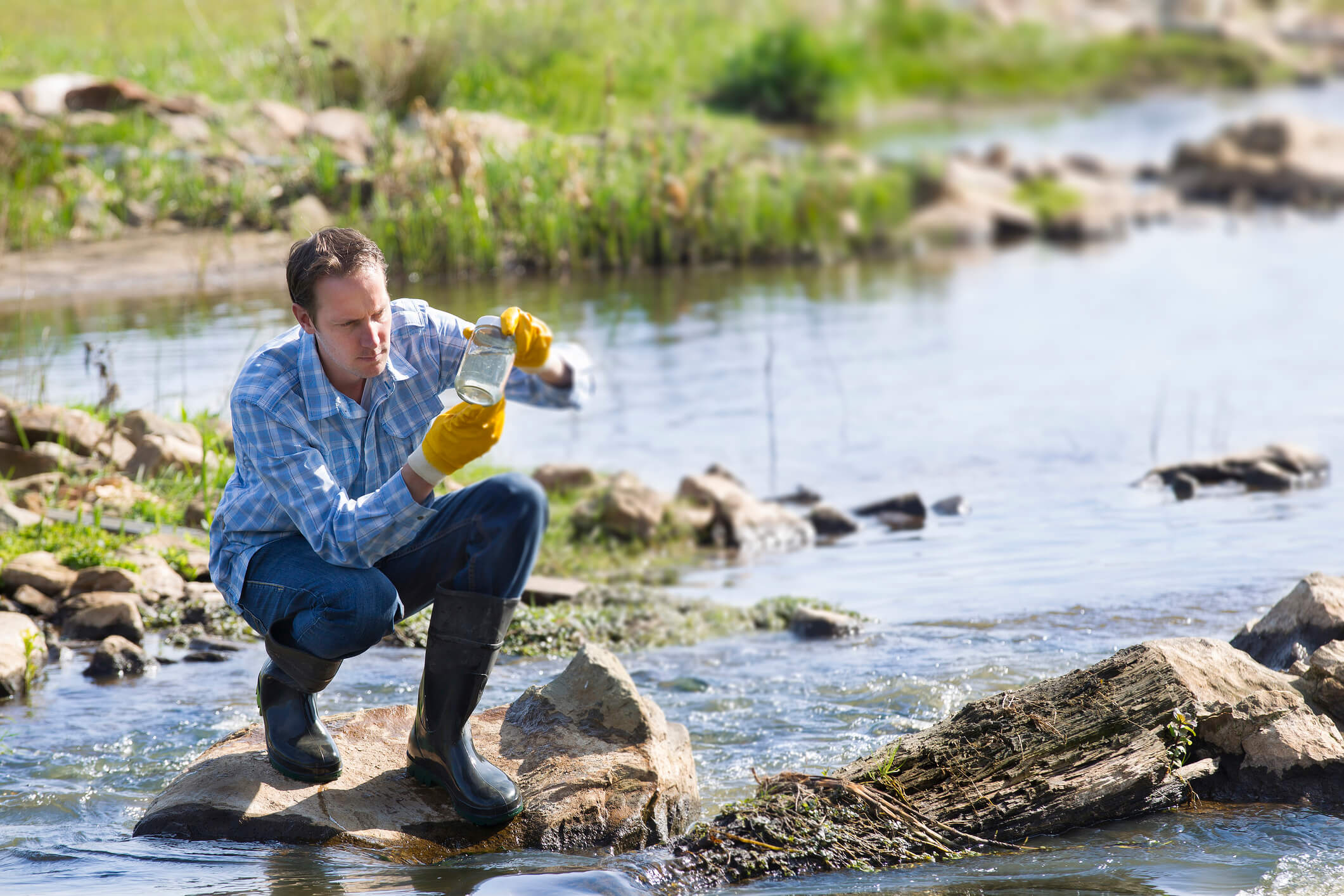Experimental aquatic bioscience
Overall Course Objectives
The objective of the course is to give students hands-on experimental experience with the impacts of environmental change on aquatic life.
The course will focus on aquatic animals that are central to well-functioning ecosystems and food security, and provide an understanding of how these animals are affected physiologically, behaviourally, and ecologically by alterations to their environment.
This knowledge is necessary to predict and evaluate impacts of human use of aquatic environments, and of the human-induced stressors to these systems, such as climate change and pollution that affect where animals can live and occur.
Learning Objectives
- Investigate impacts of environmental stressors on aquatic living systems
- Design and run a hands-on experiment with living organisms
- Operate scientific equipment for quantifying aquatic organismal physiology and behaviour
- Evaluate how environmental alterations from human-induced stressors can affect aquatic animal performance and distribution
- Formulate scientific hypotheses
- Analyse results and findings critically and relate them to literature and previous work
- Describe and present data and results from a project in a scientific format
- Critique others’ work and findings constructively
Course Content
The course is predominantly a hands-on course where students will choose an experimental project to carry out over the duration of the course.
Students will learn:
• how to design and carry out experimental projects in aquatic living systems using modern scientific equipment and live animals (e.g. fish, copepods, mussels)
• how to test for impacts of environmental alterations and stressors on aquatic life
• how experimental studies can inform management and policy making to reduce impacts from environmental modifications and human-induced stressors.
The course will start with a few introductory lectures, after which experimental group projects will be designed based on the students’ own interests and ideas within the remits of the available equipment and facilities.
Potential topics to explore are how pressing issues such as aquatic deoxygenation, elevated temperatures, or pollution in the aquatic environment affect the physiology or ecology of socio-economically and ecologically important aquatic animals such as fish, copepods, and mussels; or how invasive species that are introduced through human use and development of the environment are both impacting and impacted by the environment.
Among other thing, these environmental alterations and stressors stem from warming and increased nutrient run-off from agriculture (aquatic deoxygenation), gradual climate warming and more frequent heat waves (elevated temperature), contamination from marine traffic and oil spills or microplastics (pollution), and unintentional transfer of organisms in for example ship ballast water (invasive species).
Impacts on the animals’ physiology and ecology will be investigated through measurements and quantifications of animal respiration, energy budgets, food and oxygen demand, feeding behaviour, and/or interactions with other species.
During the initial project formulation period, students will visit other course groups to learn about their project and provide ideas and feedback for further project development.
The course will also include presentations of case examples of experimental science informing management and conservation.
The course will culminate in a (brief) report in a scientific format and an oral presentation of the experimental work and its findings. We will use (and learn how to use) the software R for statistical analyses and graphics.
Possible start times
- 2 – 4
Teaching Method
Group project, exercises, lectures
Faculty
Limited number of seats
Maximum: 20.
Please be aware that this course has a limited number of seats available. If there are too many applicants, a pool will be created for the remainder of the qualified applicants, and they will be selected at random. You will be informed 8 days before the start of the course, whether you have been allocated a spot.






